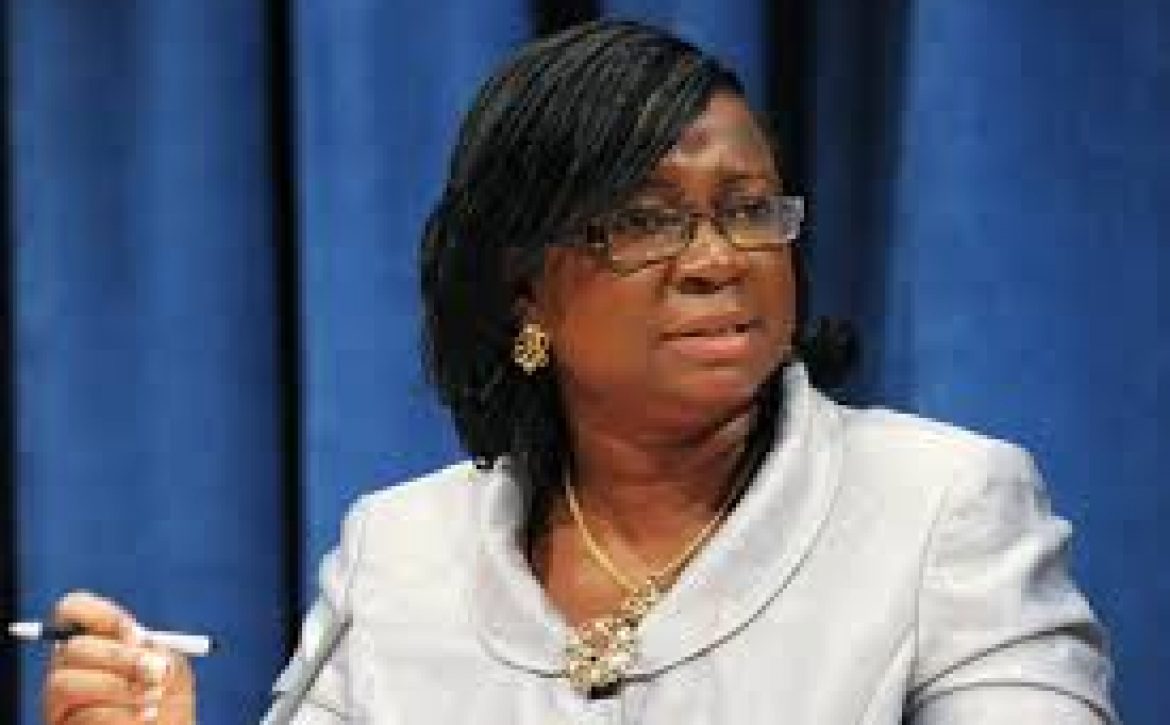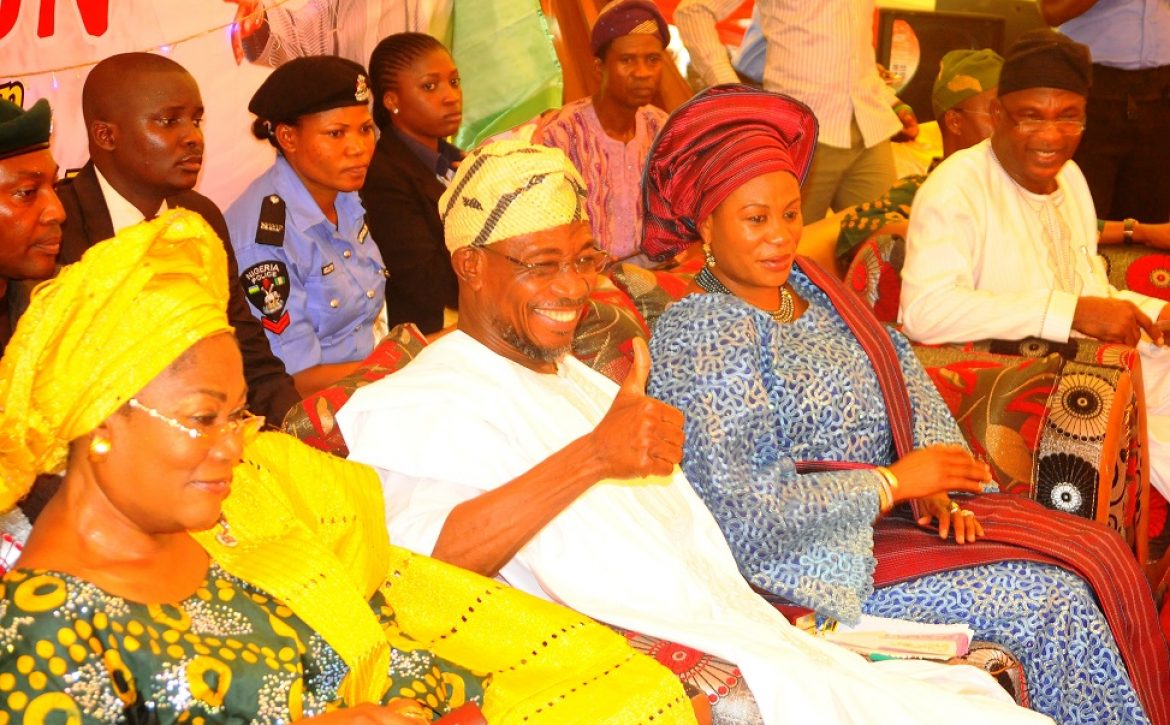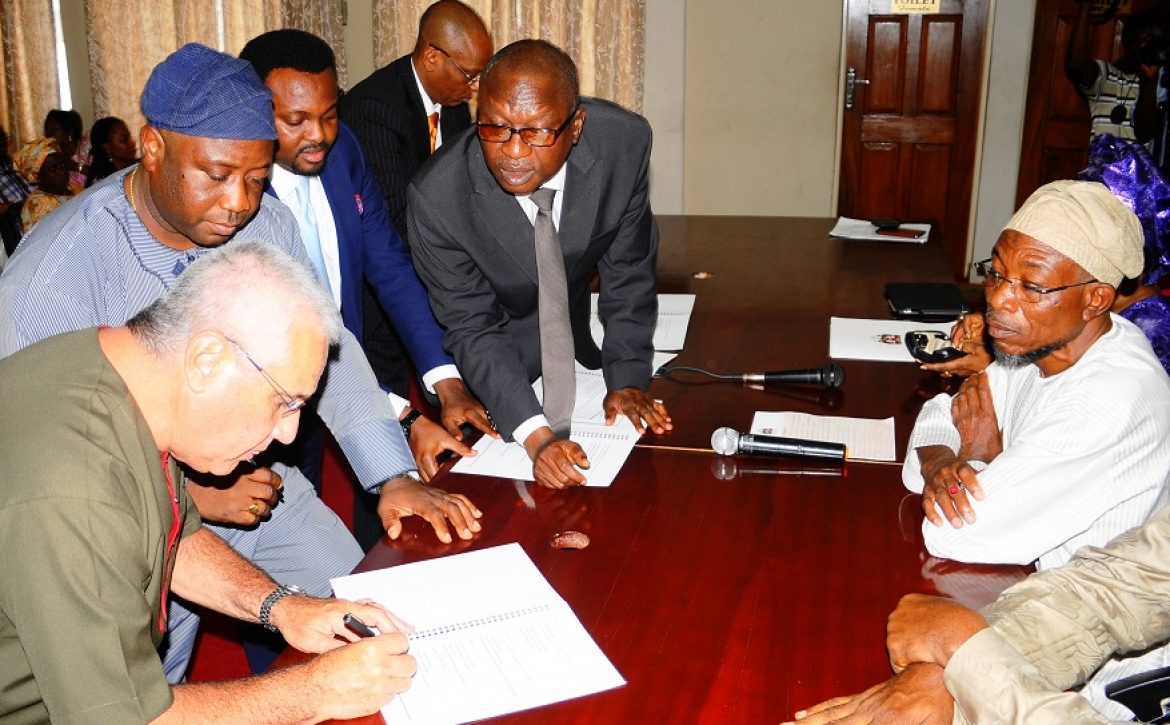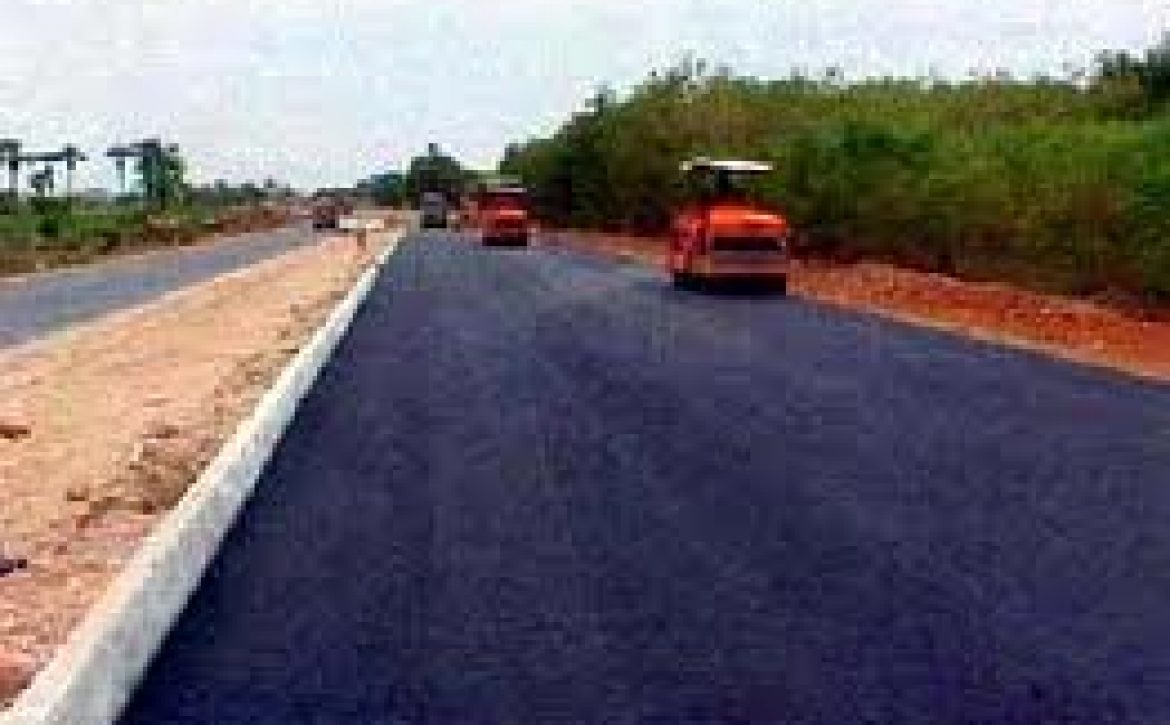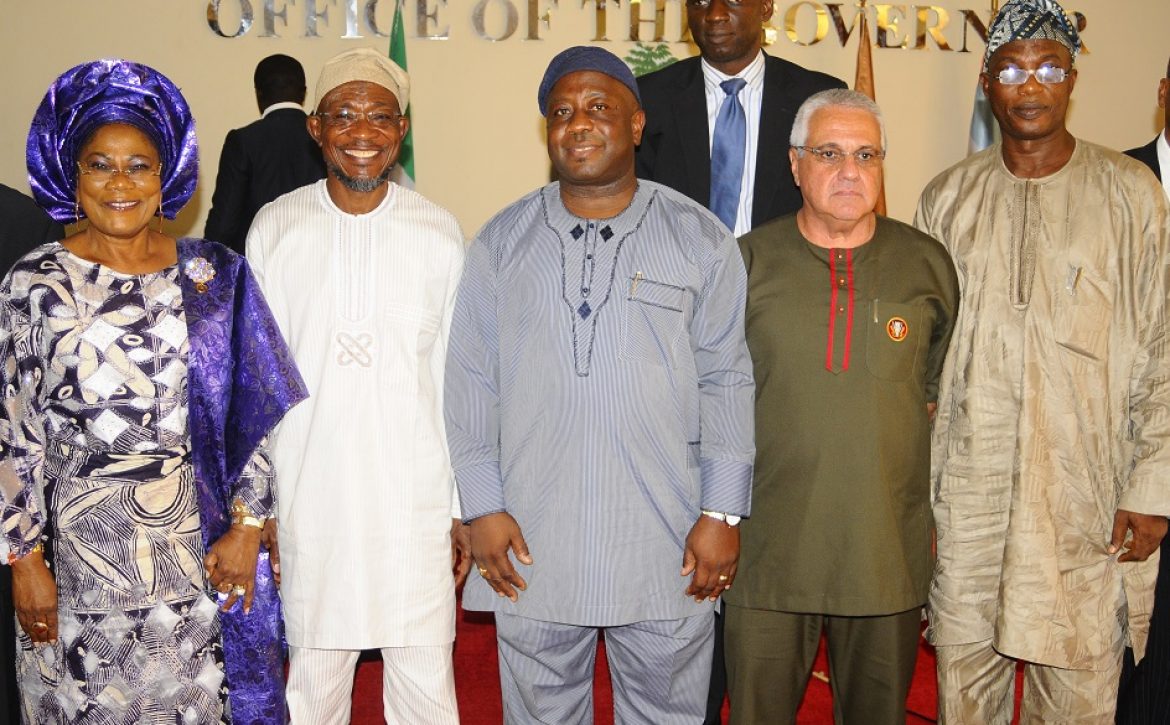
Dr. Precious K. Gbeneol
The Senior Special Assistant to the President on Millennium Development Goals
The Senior Special Assistant to the President on Millennium Development Goals (SSP-MDGs), Dr. Precious Gbeneol, has disclosed that the three tiers of government spend about N3 trillion annually as against the total sum of N4.3 trillion required to achieve the MDGs targets before the 2015 deadline.
She singled out Osun, Lagos and Imo States for their remarkable poverty reduction rates
Gbeneol stated this yesterday, when the team from the International Monetary Fund (IMF) visited the Office of SSAP-MDGs (OSSAP-MDGs) to find out the country’s performance track towards achieving the MDGs.
She said the country had done remarkably well in meeting the targets of some of the MDGs, despite the shortfall of N1.3 trillion needed annually to achieve the goals.
According to her, the outcome of the Needs Assessment projected cost of meeting the MDGs from 2010 to 2015 at the exchange rate of N150 to $1 would require N4,259,550.
She said: “Based on the 2012 budget analysis…, the three tiers of government spend more than N3.0 trillion on the MDGs with an annual gap of about N1.0 trillion. The budget total for 774 local government areas (LGAs) is N1.75 trillion with MDGs component of N791 billion; while the total spending across the country is N3 trillion, with about N872 billion being spent by the federal government.
However, a fund-gap of N1 trillion will be needed every year to achieving the targets of MDGs.”
The SSAP-MDGs listed the target areas where the annual budget of N4.3 trillion would be required to include education N282 million, health N743 million, agriculture N1.1 billion, energy N810,500 million, water N418,500, housing N126,750 million, roads N733 million and environment N31,500 million.
Gbeneol commended the IMF Team, saying their (IMF) yearly evaluation visits helps to keep focused and on track.
She, who said the intervention measures put on ground by the OSSAP-MDGs have been able to achieve some of the targets of the Goal 1, most of Goal 5 and 4, disclosed the Conditional Grant Scheme/Cash transfer, where the sum of N10billion were spent last year on 112,000 households in 24 states have been helpful in addressing issue of poverty and hunger, adding that the amount will be expanded to N20billion across 30 states in 2014.
She singled out Lagos, Osun and Imo States for their remarkable poverty reduction rates, while the states of the he North-east, North-west belt of Jigawa-Gombe-Yobe-Sokoto performed badly.
She said: “Child mortality rate is worse in the North, so also women literacy rate, especially as a country, we have done remarkably well to reduce the population suffering from hunger drastically from 19.1 per cent in 1981 to 8.62 per cent in 2012. Poverty reduction is also on the downward trend.
“Taking stock on what we have done so far, the progress we have made, the level of accomplishment in the achievement of the MDGs; and in consonance with the data provided the National Bureau of Statistics (NBS), we can say that poverty is actually on the downward slide.
“If we pay due consideration to the available data, there is evidence that the MDGs framework has had impact on Nigeria development, having attained key targets of Gaols 1, 3 and 6 with the potential to achieve MDGs 4, 5 and 8,” she added.
Responding, the team leader and Senior Economist with IMF, Mr. Cheikh Anta Gueye, expressed concern over noticeable developmental disparity between the North and Southern part of the country.
Gueye commended the progress made by the country, but warned that achieving the MDGs target might not be possible if the North continues to lag behind in all the important indices.
“How do we address the regional differences and bridge the noticeable inequality between the north-south divide. We support the effort of the FG towards achieving the MDGs targets. We think that they are making a lot of progress and we appreciate what they are doing towards reducing poverty. I think its in line with the goal of IMF to achieve macro-economic stability. We think the federal government are on the right track going forward to high economic growth and we will provide technical assistance,” he assured.
The team, however, demanded integration of data and list of major intervention programmes towards achieving the MDGs across the country.
THISDAY










